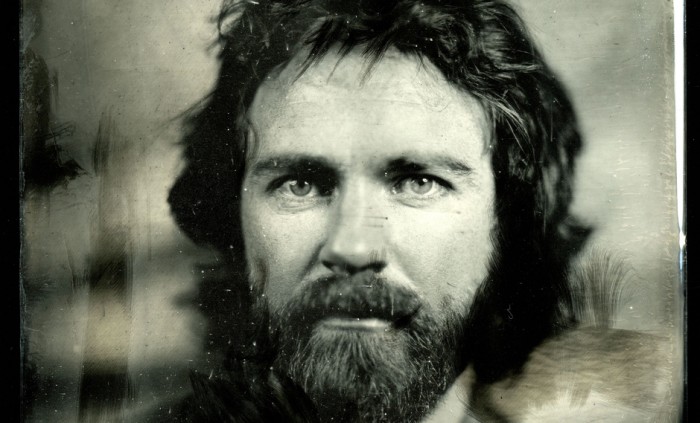
The 1970s saw many days when “the dream died”, as the baby boomers put it. One more than any other tends to be named as the singular milestone: August 9, 1969, when long-haired hippy Charles Manson and his band of free-living followers murdered Roman Polanski’s pregnant wife Sharon Tate and two friends, smearing Beatles lyrics with their blood onto the walls of a Hollywood mansion.
Every student of cultural history should be forced to ponder this incident. How could Manson have convinced a squad of gorgeous, innocent and impressionable young women to commit cold-blooded murder? Wasn’t the message of the age “make love not war”? What on earth was it about him that his underlings found so magnetic?
Liam Finn provides us with some insights.
Before we get started, let’s get one thing straight. I mean this as a compliment, not an insult. His physical resemblance to Manson that night was so uncanny it cannot have been accidental. It’s eminently feasible that his PR team splashed out on a high-end stylist with the instruction: “Model him on Manson.” The hair-cut: flawless. The wild-eyes: seamless. At one point a shaft of stage-light was cast precisely onto the very middle of his forehead. Coincidence? I don’t think so.
Let me repeat: this comparison is intended to be taken as a compliment, not an insult. Finn’s on-stage charisma and musical charm illuminates how somebody like Manson could have held his followers in such sway. Sometimes being quirky, talented and just slightly bat-shit crazy can be irresistibly captivating. Cults exist for a reason.
Clearly, Finn and his entire band are fully well aware of this. They utilize the same stylistic tropes – including theremins, wild hair and flowing white robes – as bands such as The Polyphonic Spree, leaders of the Californian New Age Orchestra genre. Complete with, of course, inspirational and cryptic lyrics: “We don’t need to die, we don’t need to try to complete necessities… believing. Believing,” (from ‘Ocean Emmanuelle’ off his latest album Nihilist.
From the start, Finn had everyone in the palm of his hand. And he literally grabbed us by the palms of his hands halfway into the set, nabbing random women and leading them around the venue, ballroom-dancing style. Even when he got on the floor of the venue (which is never a clean surface, anywhere) and performed a yoga pose head backwards over a stool, he didn’t force the audience to think: “This man is fucking insane. Maybe I should duck out early in case he sets off an LSD-laced smoke bomb in an attempt to recruit me into Scientology.”
Of note: Liam is the son of Neil Finn of Crowded House. We can’t blame Liam for inheriting such an insipid form of musical ancestry, but we can certainly fault him for having toured with Pearl Jam and Eddie Vedder with a variety of bands on multiple occasions. Fool you once: shame on me. Fool you twice: you get a black mark for that one, sir.
Considering how bland the musicians he has descended from and worked with are, Finn’s own musical experiments are decently quirky and worthy of merit. Best part: a deconstructed cymbal twirling from a mic stand. My personal favourite? A fringed white cowl-necked robe, modelled in the style of Sly Stone at Woodstock. Anyone who doffs their hat to Sly in any fashion gets an A+ in my book.
Pretty much every song inspired love in the audience, but this was the least forgettable moment: When a cover of Sinead O’Connor’s ‘Nothing Compares 2 U’, led by the well-regarded Connan Mockasin, inspired a rousing sing-along. Priceless.
As the evening progressed, it became clear that we were in the midst of an Antipodean love-in. Finn’s bandmates included not only Mockasin (clad, strangely, in a fluffy white elf hat), but Kirin J. Callinan. It was an evening of Kiwi all stars.
But you know what? Their nation may not be known for its musical output, but they held sway. Liam Finn and his Kiwi all stars may come from the bottom of the earth, but we didn’t hear one bum note all night.